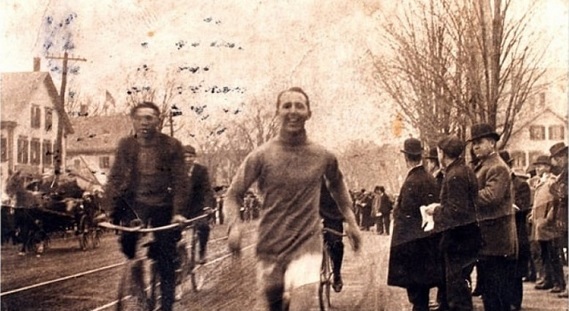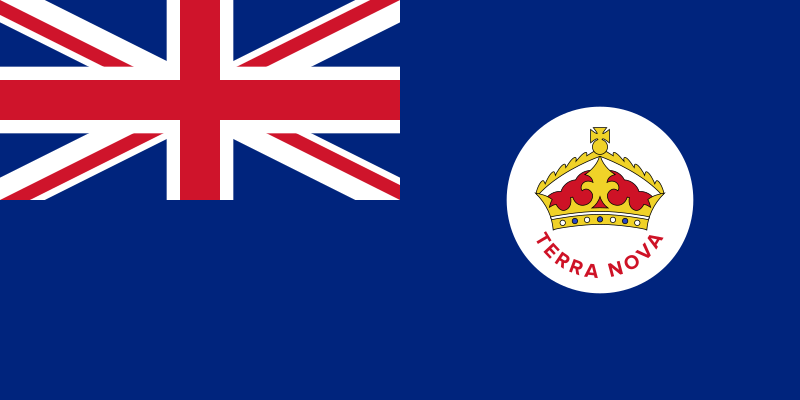Today on Oldest Olympians we wanted to feature a topic that gives a nod to both Canada Day and Independence Day, and we think that we have found just the case. Today’s is a lighthearted mystery concerning Bob Fowler, a long-distance runner who competed at both the 1904 St. Louis Olympics and the 1906 Intercalated Games. We have complete biographical details on Fowler, yet seemingly the simplest detail is the one that is most mysterious: the nation that he represented.

(Fowler, center, in 1904)
Bob Fowler was born September 18, 1882 in Trinity, Newfoundland, but moved to Boston in 1898. Taking up distance racing in 1901, he competed in the marathon at the 1904 St. Louis Olympics, but did not complete the race. He also failed to complete the marathon at the 1906 Intercalated Games, and was entered into the 5 mile event at that tournament, but did not start. He had better luck in other competitions: he was runner-up in the 1907 Boston Marathon, third in the 1905 and 1908 editions, and fourth in 1911. He also set a short-lived record when he won the 1909 Empire City Marathon. Following the end of his active career, he coached for many years and eventually settled back in Massachusetts to work as an electrician. He died October 8, 1957.
Fowler did not become an American citizen until 1907, which means that although he was living in the United States during both of his Olympic appearances, he was technically not an American competitor. Complicating this discussion, however, is the fact that until 1908, Olympians were permitted to represent the nation of their club, regardless of any citizenship questions. As national delegations were often not formalized or “official” before this, some athletes could be debated as to which country they represented, particularly as they were likely not concerned with this manner of identification themselves.
Fowler is one of these cases. In 1906, he was listed as a member of the official delegation from the United States to Athens (the first time the country had organized its team formally), and thus it seems to reasonable to list him as representing the United States. His identification for 1904, however, is debatable. He was living in the United States and competing for an American club, which means that there is an argument for his being American at this tournament too.

(Dominion of Newfoundland Blue Ensign, 1870–1904)
In terms of his homeland, however, he had been born in Newfoundland, which since 1854 had been a self-governing colony and had explicitly rejected confederation with neighboring Dominion of Canada. Newfoundland would gain its own status as a dominion, or semi-independent political entity under the British Crown, in 1907, and would not join Canada until 1949. In 1904, therefore, the territory was still a British colony.
A case could therefore be made that Fowler represented Great Britain, but this would surely not reflect his self-identity at the time and he had no known direct connection to that country. Would this mean that he can be said to have represented Newfoundland? At the time, it was arguably not independent enough to be considered its own nation, but neither was South Africa when it competed unofficially in 1904 and officially in 1908, as the Union of South Africa did not occur until 1910. Again, as with representation, the rules for which territories of countries could compete under their own flag did not even begin to be addressed until 1908, and even then they were largely arbitrary determinations of who could compete independently.
So, who was Fowler representing at the 1904 St. Louis Olympics? Would he perhaps best be categorized as an independent athlete? In the end, perhaps all that matters is that he took part, and that he was, therefore, an Olympian.